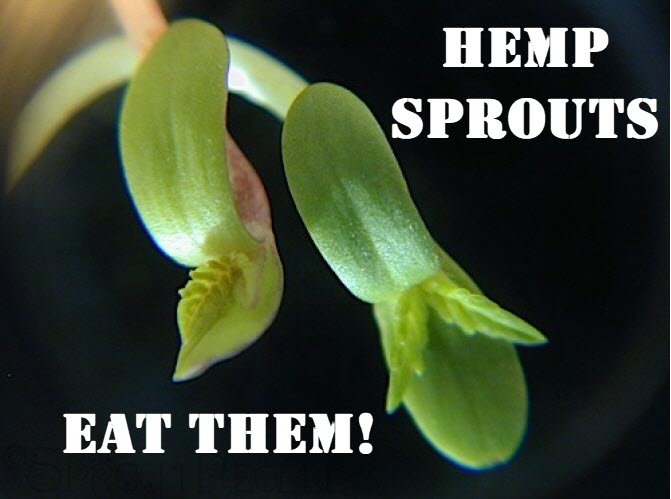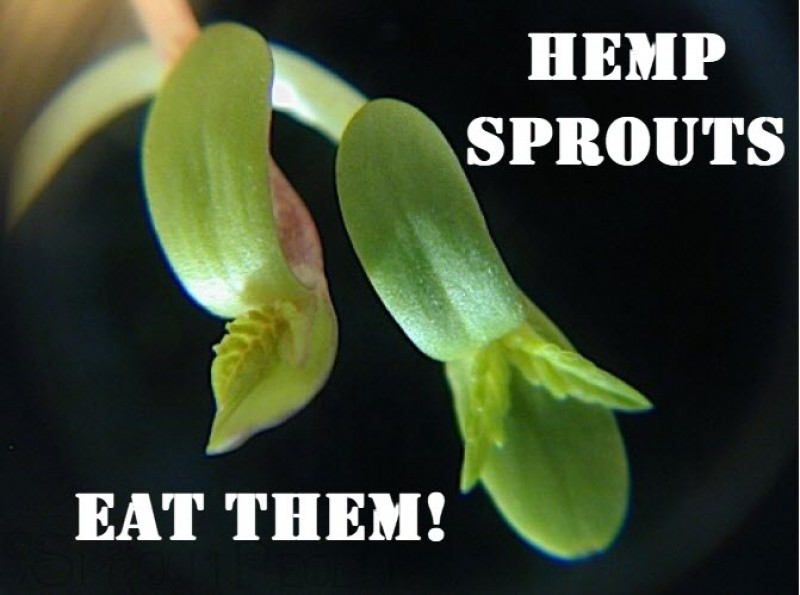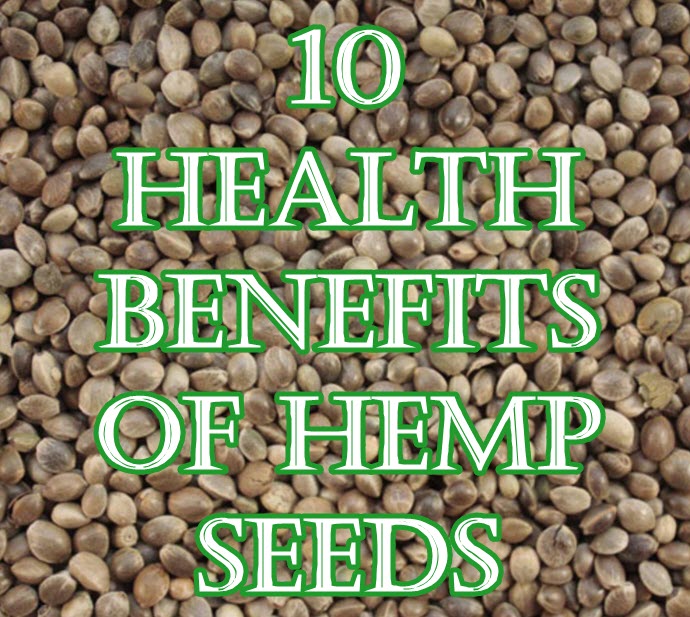Why You Should Be Eating Hemp Sprouts!

Sprouts have always been touted as a superfood, but did you know you could sprout hemp seeds too? Hemp sprouts pack a considerable punch when it comes to its antioxidant and fatty acid content. So if you’re looking to up your health game and boost your immune system, adding hemp seed sprouts to salads, soups, and stir-fries can give you a much-needed boost, especially in this time of a global pandemic.
Why sprouts?
You might be asking yourself, why eat sprouts when you can consume hemp seed or take hemp seed oil? That’s because sprouting seeds actually enhances hemp seeds’ nutritional value, just like when you sprout grains or beans. Sprouts have 10 to 100 times glucoraphanin, which protects the body from cancer-causing agents and increases chlorophyll activity, which in turn helps detoxify the body and boosts its levels of oxygen. Sprouting also inhibits the digestive enzymes in seeds, grains, or beans that can cause indigestion and gas, and contain phytic acid, which locks up important minerals.
Overall benefits
Still not convinced about hemp sprouts? Here are seven reasons why you should be incorporating them into your daily meals.
1. They’re powerhouses of beneficial fats.
Hemp sprouts contain a stable ratio of omega-3 and omega-6 fatty acids. These are plant-based fats that are neuroprotective and can effectively prevent neurodegenerative diseases. Omega-3 fats are polyunsaturated fats and can’t be naturally produced by the body. Despite this, they are essential and are a crucial part of human cell membranes. Meanwhile, omega-6 are primarily used for energy. Compared to other seeds, hemp seeds contain a low percentage of fats, at just 30 percent, which is good for metabolic and cardiac function and essential for cognitive performance.
2. They’re the most complete form of vegan protein.
Hemp seeds contain all the amino acids needed by humans. In fact, they provide similar amounts of protein as meats like lamb and beef, just 30 grams of hemp seeds can provide roughly 11 grams of protein. In the plant kingdom, complete sources of protein are rare. Quinoa is another example of a complete plant protein source. It also provides easily digestible protein, which is better compared to the protein provided by other grains, legumes, and nuts. They also contain a unique type of globular protein (as opposed to fibrous protein) called Edestin, which is easily absorbed by the body and can deliver a quick boost of energy.
3. Cannflavin power!
Flavonoids Cannflavin A and B are found in hemp sprouts. In fact, a study done in 2014 looked into hemp sprouts as a novel cannabinoid-free hemp product that can be a great source of highly anti-inflammatory flavonoids Cannflavin A and B. The authors of the study wrote, “Hemp seeds do not contain cannabinoids, and because of their high contents of ω-3 fatty acids, are enjoying a growing popularity as a super-food to beneficially affect chronic inflammation. Seeds also lack the typical phenolics of hemp leaves and inflorescences, but we found that sprouting, while not triggering the production of cannabinoids, could nevertheless induce the production of the anti-inflammatory prenylflavonoids cannflavins A and B.” The study concluded by suggesting that hemp sprouts could be a health food product ‘worth considering for mass production and commercial development.’
Additionally, in a past article, we looked into cannflavins’ pain-relieving potential and cited several promising studies, in which cannflavins demonstrated more potent analgesic properties compared to Aspirin by up to 30 times.
4. They’re heart-healthy.
Hemp seeds contain the highest amounts of the amino acid arginine, which lowers blood pressure and reduces the risk of heart disease by producing nitric oxide in the body, which makes your blood vessels dilate and relax. Animal studies have also shown that hemp seeds can also decrease the risk of blood clot formation and help in post-heart attack recovery. They’re also bursting with antioxidants and contain vitamin E, as well as minerals such as potassium, sodium, calcium, iron, zinc, sulfur, phosphorus, and magnesium.
5. Can reduce symptoms of PMS and menopause.
Hemp seeds also contain gamma-linolenic acid (GLA), which produces prostaglandin E1, which has been shown to reduce the effects of prolactin. Studies have shown that just 210 mg of GLA a day can result in a significant decrease in PMS symptoms. It also decreases breast tenderness, depression, fluid retention, and irritability, all of which are associated with PMS. It’s also believed to help regulate hormone imbalances and inflammation associated with menopause.
6. Can help treat skin disorders.
Studies suggest that the immune system relies on a healthy balance of omega-6 and omega-3 fatty acids. This can help relieve skin diseases like eczema and dry skin, in general, as well as reduce itchiness.
7. They’re delicious and easy to make.
They have a slightly nutty flavor that’s similar to hazelnuts. They’re incredibly versatile and can be added to everything from salads to pizzas, and even smoothies. The best part is, sprouts are easy to make yourself. All you need are a packet of hemp seeds, a sprouting jar and lid, and some water, and you can have your own DIY-d hemp sprouts in the span of a few days.
EATING HEMP, READ MORE...
WHY HEMP SEEDS WERE SENT TO SPACE, CLICK HERE.
OR..
WHY YOU SHOULD BE EATING HEMP SEEDS! READ THIS!








